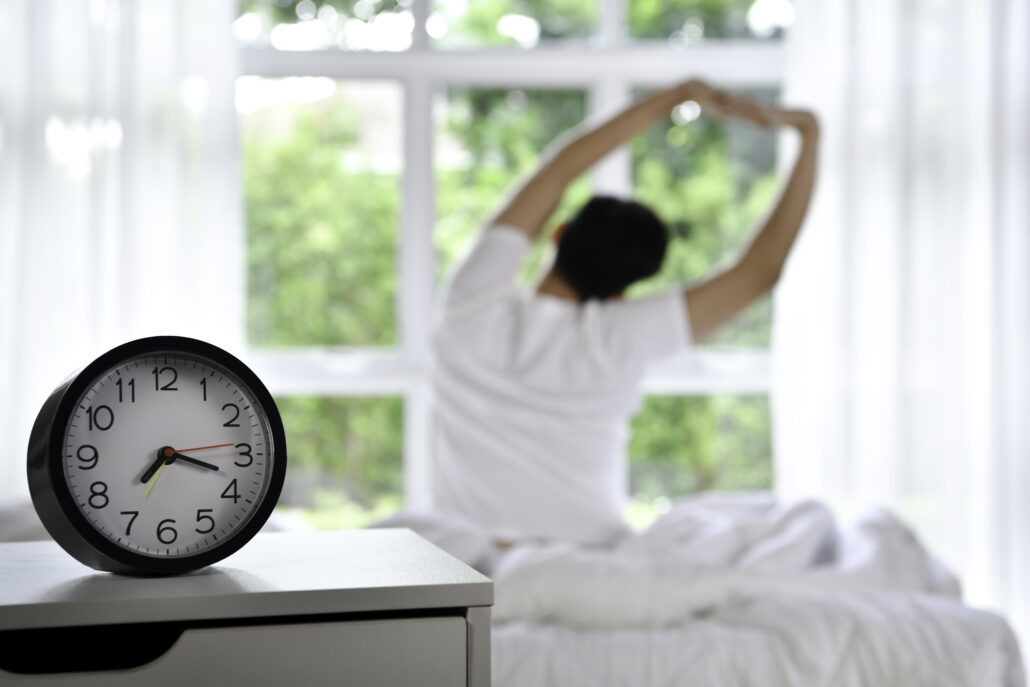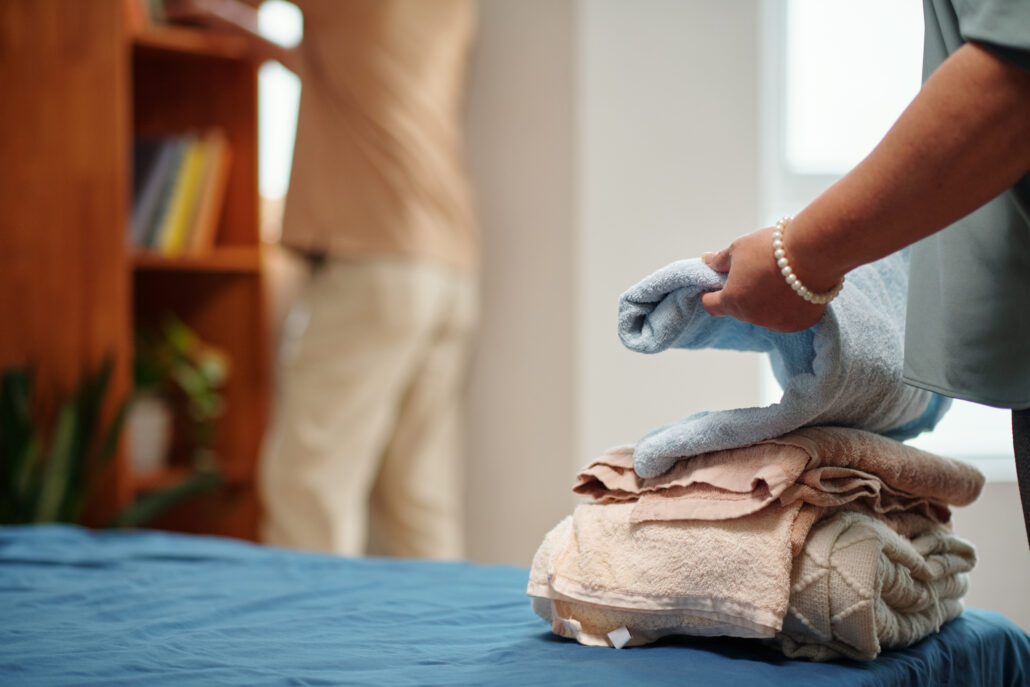As allergy season rolls in, it’s not just the daytime sniffles and watery eyes that we dread. The real struggle often lies in something far more precious—our sleep. The moment spring bursts into life, finding a peaceful night’s sleep becomes an unexpected challenge for many of us. Sleep is vital to our health and well-being, especially when our bodies are battling allergies. Here’s the good news: achieving a restful night’s sleep during allergy season is possible. Let’s walk through the ways allergies and sleep play tug-of-war and how you can tip the scales in favor of restful nights.
Understanding the Link Between Allergies and Sleep
Allergies significantly disrupt both our daytime activities and our night-time rest. A blocked nose, endless sneezing, and itchy eyes can turn a good night’s sleep into a distant dream. The American Academy of Allergy, Asthma & Immunology highlights spring allergies as a prime example of how these seasonal disruptors can interfere with our sleep. Promptly addressing these irritating symptoms is key to making sure our sleep is as restorative as it should be, allowing us to wake up refreshed and ready to tackle the day.
Common Allergens that Affect Sleep
Allergy season means common culprits like pollen, dust mites, and pet dander are everywhere, wreaking havoc on our sleep. Research from the National Library of Medicine reveals the extent to which these allergens can disturb our rest, highlighting the importance of recognizing their presence, especially in our sleeping spaces. It’s crucial to take proactive measures to mitigate their impact and safeguard our sleep.
Symptoms of Allergy-Induced Sleep Disruption
Allergy-induced sleep disruption is characterized by several key symptoms including:
- Nighttime congestion: Feeling stuffed up can make it hard to breathe comfortably, disrupting your sleep.
- Itchy eyes: This irritating sensation can keep you awake and make it difficult to fall asleep.
- Frequent sneezing: Sudden sneezing during the night can interrupt your sleep cycle.
Managing these symptoms effectively can significantly improve your sleep quality, even during the peak of allergy season.
Strategies for Managing Allergies to Improve Sleep
Follow these practical tips for fighting back against allergies so you can catch some quality shut-eye:
- Allergy-Proof Your Bed: Wash your sheets regularly in hot water and invest in mattress and pillow protectors. They act as a barrier, keeping allergens away and helping you breathe better while you sleep.
- Keep the Air Clean: Make sure that your room’s air is pure as can be. Air purifiers are champions at snatching allergens from the air, and don’t overlook the impact of a thorough cleaning session – don’t forget under and behind the bed where dust likes to hide!
- Consider Medication: Don’t hesitate to discuss allergy meds with your doctor, whether they’re over-the-counter or prescription. Seeking professional advice is key to finding the right solution for you.
- Adjust Your Routine: Simple tweaks, like showering before bedtime and wearing clean pajamas can dramatically reduce your exposure to allergens, making it easier to drift off to sleep. Remember, pollen loves to cling to your hair so a quick rinse can keep your sleep environment allergen-free!
For more detailed strategies and advice on managing allergies for better sleep, check out the ‘Allergies and Sleep’ on the blog as well as ‘Better Sleep Tips for Allergy Sufferers’ on the Better Sleep Council YouTube channel full of practical tips to ease your allergy symptoms at night.
While allergy season can throw a wrench in our sleep plans, it doesn’t have to spell disaster for our rest. With a bit of preparation and some smart strategies, you can enjoy uninterrupted, peaceful sleep, no matter what the pollen count is. Here’s to turning those restless nights into restful slumber, allergy season or not!



